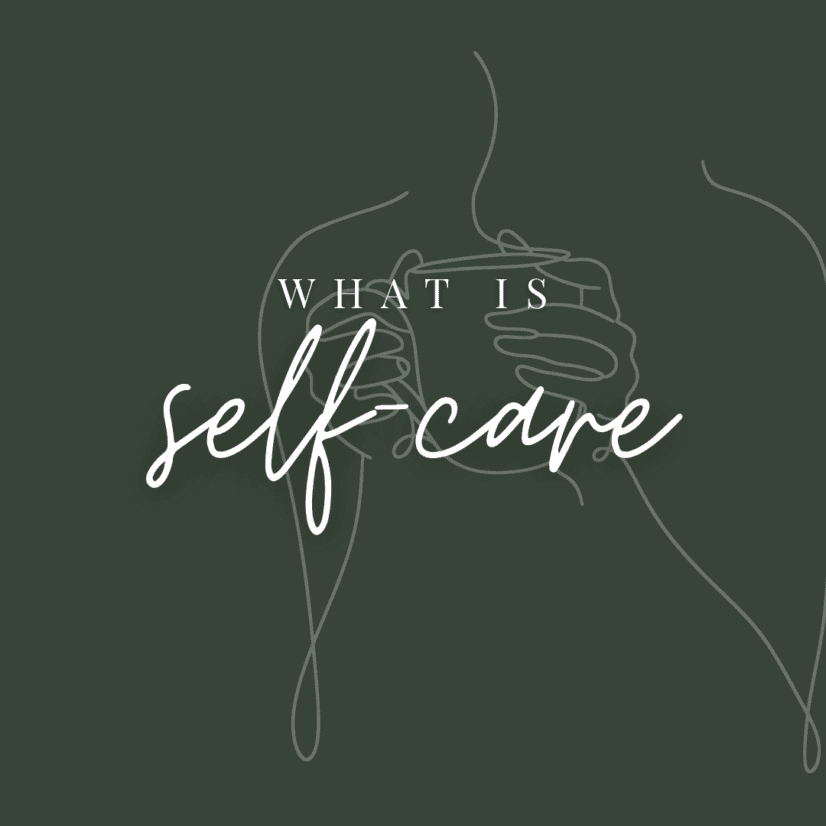Typically, everyone in a room will know what you’re talking about when you say self-care. It seems to communicate a very specific idea.
Many of us work in industries that begin to develop their own cultures and vocabularies. Counseling is no different. There is no shortage of seven-syllable words in the field of psychotherapy. One of those catch-phrases that you’re likely to hear if you ever have a conversation with a counselor or therapist is self-care.
But exactly does self-care mean?
When you think about self-care, think about the pre-flight announcements that flight attendants make. “If there is a sudden loss in cabin pressure, oxygen masks will drop from the ceiling. If you are traveling with children or those that need assistance, please make sure to secure your own oxygen mask before assisting those around you.”
Self-care is the process of securing your own oxygen mask before assisting those around you.
It seems like the most counter-intuitive instruction new parents can hear when flying with an infant. You’re saying what? If there’s a problem and this plane is going down, a parent is supposed to secure their own oxygen mask before helping their completely helpless child that is the center of their whole world? That’s crazy.
When asked, “Why do you guys say that?” a flight attendant had a great answer. She said, “It’s simple. That new mother can’t help save her child if she’s passed out due to lack of oxygen. Mom has to be able to function in order to save her child’s life.”
And that’s a clear definition of self-care.
It’s taking care of ourselves so that we’re in a position to care for others.
It might seem selfish to some. But the truth is, we’re not serving our children, spouses, co-workers, or customers if we spend so much time focusing on them that we end up depressed, anxious, or burnt out.
What constitutes self-care?
It varies from person to person. There’s no specific ritual. No regulated amount of time or emotional investment. Diet, sleep and exercise are usually a good place to start. Making time in your schedule to be intentional with all three is usually a step in the right direction. Another good rule of thumb is to think about what you love to do. If you looked down on your calendar and realized you had tomorrow completely free, how would you spend that time? What energizes you? For some people, its something relaxing like reading a book or getting a massage. For others, it’s something exhausting like playing basketball or climbing a mountain.
Ultimately, self-care is more than just taking one hour for yourself when you have a slow day at work (although that can be helpful). It’s the self-awareness of knowing what things in life are life-giving to you, and fiercely protecting time in your schedule for those things.
Written by: GROW Staff

